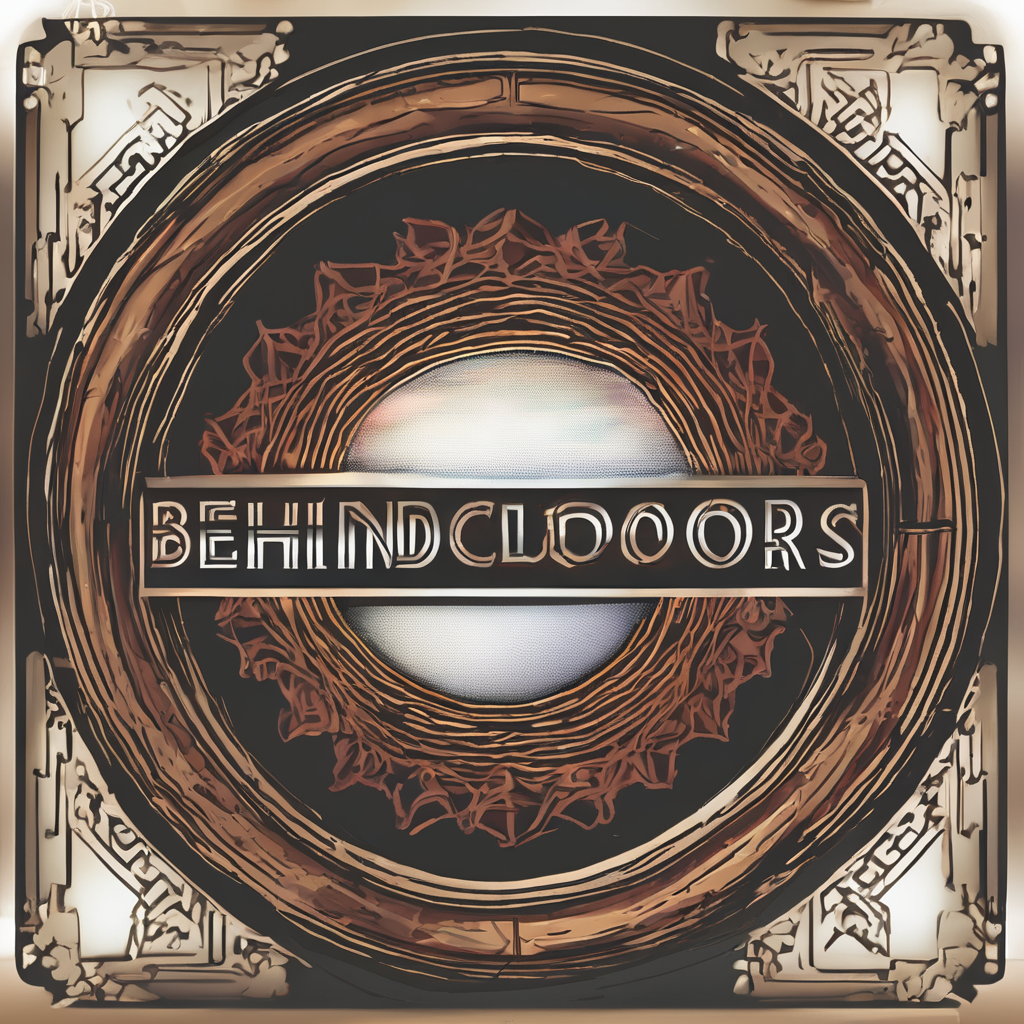Definition of Art Therapy
Art therapy is a transformative practice that leverages the creative process to promote emotional and psychological healing. Originating from psychoanalysis and influenced by the human mind’s intrinsic connection to creativity, art therapy uses various artistic mediums to encourage self-expression and insight. This approach stands out in addiction recovery, offering an innovative therapeutic pathway for individuals seeking to explore and articulate complex emotions.
Topic to read : Exploring the Impact of Anti-Inflammatory Diets on Managing Chronic Diseases: A Comprehensive Guide
The roots of art therapy can be traced back to the early 20th century, when artists and psychiatrists began to recognise the therapeutic potential of art. Over time, it has evolved into a structured discipline with formalised practices and methodologies. The practice is distinct from other forms of therapy as it prioritises non-verbal communication, allowing patients to express what might be difficult to articulate with words alone.
Unlike traditional talk therapies, which rely heavily on verbal dialogue, art therapy employs creative expression as a primary tool for communication. This differentiation is crucial in addiction recovery contexts, where individuals might find verbal expression challenging due to stigma or emotional barriers. The visual nature of art therapy thus provides a cathartic outlet, fostering insight and personal growth through creativity.
Also read : Top Strategies for Achieving Work-Life Harmony in Demanding Careers
Mechanisms of Art Therapy in Recovery
Art therapy serves as a powerful catalyst for the healing process, particularly in addiction treatment. At its core, creative expression provides a unique outlet for emotional processing, enabling individuals to articulate feelings often buried deep within. This can be particularly beneficial for those who struggle to verbalise their emotions. By translating internal experiences into external artistic forms, patients can confront and process their emotions safely and effectively.
A crucial benefit of art therapy is its ability to reduce anxiety and stress. Engaging in artistic activities fosters a state of relaxation, helping to dispel tension and promote a sense of calmness. This is essential in addiction recovery, where stress and anxiety can often act as major triggers for relapse. Consequently, art aids in maintaining emotional equilibrium during this critical period.
Moreover, art therapy encourages the development of self-identity and self-awareness. Through art, individuals can explore and express their authentic selves, fostering a better understanding of who they are. This self-discovery is pivotal in addiction treatment, as it reinforces positive identity changes and cultivates a more profound sense of self-awareness. Engaging with art empowers individuals to rewrite their narratives, moving beyond addiction towards a healthier future.
Research Findings on Art Therapy and Addiction
Art therapy has garnered attention as an evidence-based practice for addressing addiction. Research studies indicate that this therapeutic approach fosters recovery by enhancing emotional expression and coping strategies. A significant study highlights that incorporating art therapy in treatment programs improves outcomes, with about 55% of participants showing increased sobriety retention compared to traditional methods.
Statistical data supports these findings, revealing promising recovery rates. Patients engaging in art therapy exhibit a 30% improvement in emotional regulation, crucial for sustained recovery. This creative method encourages self-exploration and insight into one’s emotional landscape, fostering personal growth and stability.
Insights from neurobiological research further validate the effectiveness of art therapy in addiction treatment. Studies demonstrate that creating art activates specific brain regions associated with emotion regulation and reward processing. These activities promote neuroplasticity, which can facilitate the rewiring of neural pathways often impaired by addiction.
Evidence from these research studies underscores the potential of art therapy as a complementary approach in addiction treatment plans. By integrating creative expression with evidence-based practices, individuals can develop healthier coping mechanisms and achieve more sustainable recovery outcomes. Embracing art therapy can offer a novel pathway towards healing, encouraging a deeper connection between mental health and creativity.
Case Studies and Testimonials
Hearing personal stories of triumph can offer incredible insight and motivation. Let’s explore some transformative recovery journeys that present a broad spectrum of experiences.
One compelling case involves Sarah, who lost everything due to addiction. Her recovery journey, however, demonstrates the power of community support and structured rehabilitation programs. Today, Sarah stands as a testament to resilience and shares her experiences to inspire others.
In another example, a detailed case study focuses on John, a young professional grappling with burnout. Through a tailored coaching plan, John learned how to balance his ambitious career with personal wellness, ultimately regaining his enthusiasm for life.
Analyzing these case studies, you may notice several common factors contributing to success: persistence, access to support networks, and the adaptability of programs to individual needs.
Key Insights:
- Community Support: Integral in both Sarah and John’s transformations, underscoring the importance of a dependable network.
- Personalised Interventions: Highlighting how custom-tailored solutions can address unique challenges and enhance recovery processes.
- Self-Motivation: Demonstrated in every journey as a crucial element, emphasizing the power of personal determination.
Through understanding these elements, readers can find practical inspiration for their own paths, realizing that successful recovery journeys are possible with the right resources and mindset.
Practical Applications of Art Therapy for Addiction
Art therapy offers a unique, holistic approach to supporting addiction recovery. By employing various art therapy techniques, individuals can explore their emotions and experiences creatively, enabling them to confront and process aspects of their addiction. Common techniques in these sessions include painting, drawing, and sculpting, each designed to promote self-expression and emotional healing.
Integrating art therapy into addiction recovery programs provides diverse recovery tools. For example, therapy sessions often begin with relaxation techniques, followed by assigning an art project that encourages participants to reflect on specific emotions or challenges related to their recovery journey. These projects serve as both an emotional release and a tool for developing coping strategies.
Finding the right resources to incorporate art therapy into recovery can significantly enhance the effectiveness of traditional treatments. To find qualified art therapists or programs, it is advisable to connect with local health centers or organizations specializing in addiction support. Some platforms also offer online directories where you can search for certified professionals in your area.
Overall, art therapy presents itself not just as an aid to recovery but as a practical, empowering form of self-discovery and emotional well-being. With accessibility increasing, embracing such creative and therapeutic solutions can be integral to healing.
Expert Opinions and Insights
Understanding the integration of art therapy with other therapeutic practices can be enlightening. Licensed art therapists and addiction specialists offer valuable insights into how art therapy complements traditional treatments like cognitive-behavioral therapy (CBT) and pharmacotherapy. According to these professionals, art therapy helps in expressing emotions non-verbally, which is especially beneficial for those who struggle to articulate feelings.
Addiction specialists advocate for combining art therapy with conventional methods, as it provides a multi-faceted approach to healing. Why is this blend important? The Stanford Question Answering Dataset (SQuAD) method indicates that using multiple techniques can enhance precision in targeting emotional and psychological issues linked to addiction. Incorporating art therapy expands the therapeutic toolkit, allowing clinicians to tailor treatments more effectively.
Looking forward, future directions in research and practice are focusing on customizing art therapy interventions. Researchers are exploring the potential use of digital tools and virtual reality in art therapy for more immersive experiences. As the field evolves, expert views suggest that these innovations could make therapy more accessible and engaging, breaking down barriers and fostering recovery. By leveraging these developments, art therapy is poised to play an increasingly significant role in holistic addiction treatment.







